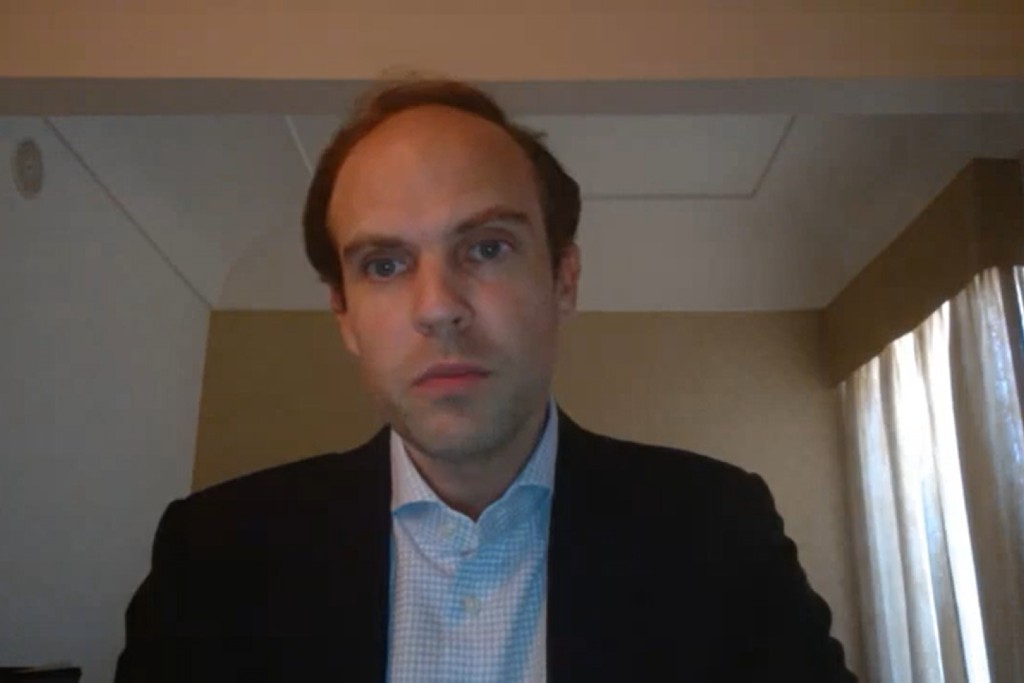Overworked and overstressed employees may need more than a couple extra days off each year. Enter: the sabbatical. Companies are offering new types of sabbaticals in hope of battling burnout. Will it help?
What else matters this week?
COP26 started this week, and among the many commitments and challenges being discussed this week, one element stands out: money. According to Reuters, progress on climate finance – or money that richer nations give to poorer nations to help them cut emissions – could make or break the summit’s success.
A new report on tech salary trends shows companies need to change their approach to hiring if they truly want to attract top talent for high-demand roles.
Winning the fight against climate change may require working less, argues Simon Kuper in the Financial Times.
We’ve got a full breakdown of all the top headlines you can’t miss this week.
#1. Sabbaticals are on the rise to help retain workers. Can they battle burnout?
It all started with some extra time off.
As the pandemic stretched on, companies offered pop-up holidays and impromptu days off to battle burnout.
After all, burnout might be the new worker pandemic. Thirty four percent of women said mental wellbeing has worsened over the past month, our research shows. It’s even worse for younger leaders: 54% of young leaders report that they have experienced burnout, the same group who shoulder significant responsibility for future progress.
But growing evidence of exhausted workers is prompting some companies to go even further: months-long sabbaticals, according to a report in Forbes. Synchrony Financial is the most recent company to introduce a new benefit set to take effect in 2022: the option to apply for a sabbatical of up to one year away, at reduced pay. The announcement comes after Citigroup’s 12-week sabbatical for employees with five-year tenures. PriceWaterhouseCoopers offers one- to six-month leaves of absence at 20% pay.
“We’re not going to limit it to just caregiving situations or the old-style sabbatical of sailing a boat around the world,” says Aaron Brown, Synchrony Financial’s senior vice president of total rewards. “People want the time—people need the time—for a variety of reasons. We don’t want to lose the connection to them.”

#2. Will a shortage of green skills hamper the UK’s net-zero plans?
The green transition is coming, but thousands of workers will need to be reskilled or upskilled if demand is to be met.
The numbers are stark: according to the International Energy Agency, 14 million jobs will have to be filled by the end of the decade just to service the world’s green energy infrastructure, according to Raconteur.
But matching the speed of the workforce transition with the urgency of investments in technology and infrastructure is a big challenge that requires urgent action.
“Transitioning businesses are increasingly seeking candidates with soft skills in areas such as project management and communication,” Nick Molho, executive director at the Aldersgate Group, a multi-stakeholder alliance aiming to achieve an environmentally sustainable economy, said. “These are critical, as many solutions to reduce emissions require different sectors to collaborate on complex initiatives.

#3. Robot food delivery is in full swing as demand for takeout grows.
Robot food delivery? It’s no longer just a part of your favorite science fiction movie – but you might not see it in your neighborhood anytime soon, either.
In the U.S. and U.K., hundreds of little robots are navigating college campuses and city sidewalks delivery food to residents, according to a report in MarketBeat. Though these robots were in the testing phase pre-pandemic, the demand for food and the combination of recent labour shortages has accelerated their development.
“We saw demand for robot usage just go through the ceiling,” said Alastair Westgarth, the CEO of Starship Technologies, which recently completed its 2 millionth delivery. “I think demand was always there, but it was brought forward by the pandemic effect."
How do these little robots, who can carry four pizzas, work? Remote operators keep tabs on the robots, but say they rarely need to manually control them. When the robot arrives at your door, you type a code into your phone, open the lid, and retrieve your food.
Drawbacks include regular recharging, a slow pace within a pre-mapped radius, and a lack of flexibility (you can’t tell the robot to leave the food at the door, for example). Read the full story on MarketBeat.

#4. The jobs people want – and don’t want – after the pandemic.
As workers begin to consider the post-pandemic future, one thing is becoming clear: there are certain jobs that workers want, and others that they do not want.
The jobs in high demand? IT jobs, civil engineering jobs, and media jobs.
The jobs no one wants? Child care and health care jobs, among others.
A University of Chicago analysis found that only 37% of jobs can be done from home, but workers are eager to secure those flexible jobs. Read the full report on Axios.

#5. The workers keeping their disabilities secret.
Did the pandemic help – or hurt – entrenched biases surrounding disabilities and those suffering from chronic pain?
According to a report in the BBC, some disabled and chronically ill workers fear they will suffer consequences and penalties for revealing their conditions to their employers.
In the U.K. alone, it’s estimated that 4.4 million disabled people, or those with a physical or mental impairment with a long-term impact, are employed in the country. But experts say it’s not uncommon for individuals to keep their condition quiet.
One worker, Grace, who suffers from Ehlers Danlos Syndrome, recounted her experience with chronic pain to the publication. EDS causes her to experience extreme joint pain, chronic fatigue, and join instability, among other effects. At work, she was often in so much pain that she would hide in a toilet stall to cry before returning to work.
“I work as a writer, and often disguise the fact that I am in extreme pain as I am afraid of appearing weak or incapable in my role,” Grace, whose surname is being withheld to protect concerns around revealing her disability, told the BBC. “I found it awkward to explain my condition to colleagues. I thought that it was easier just to hide it.”




